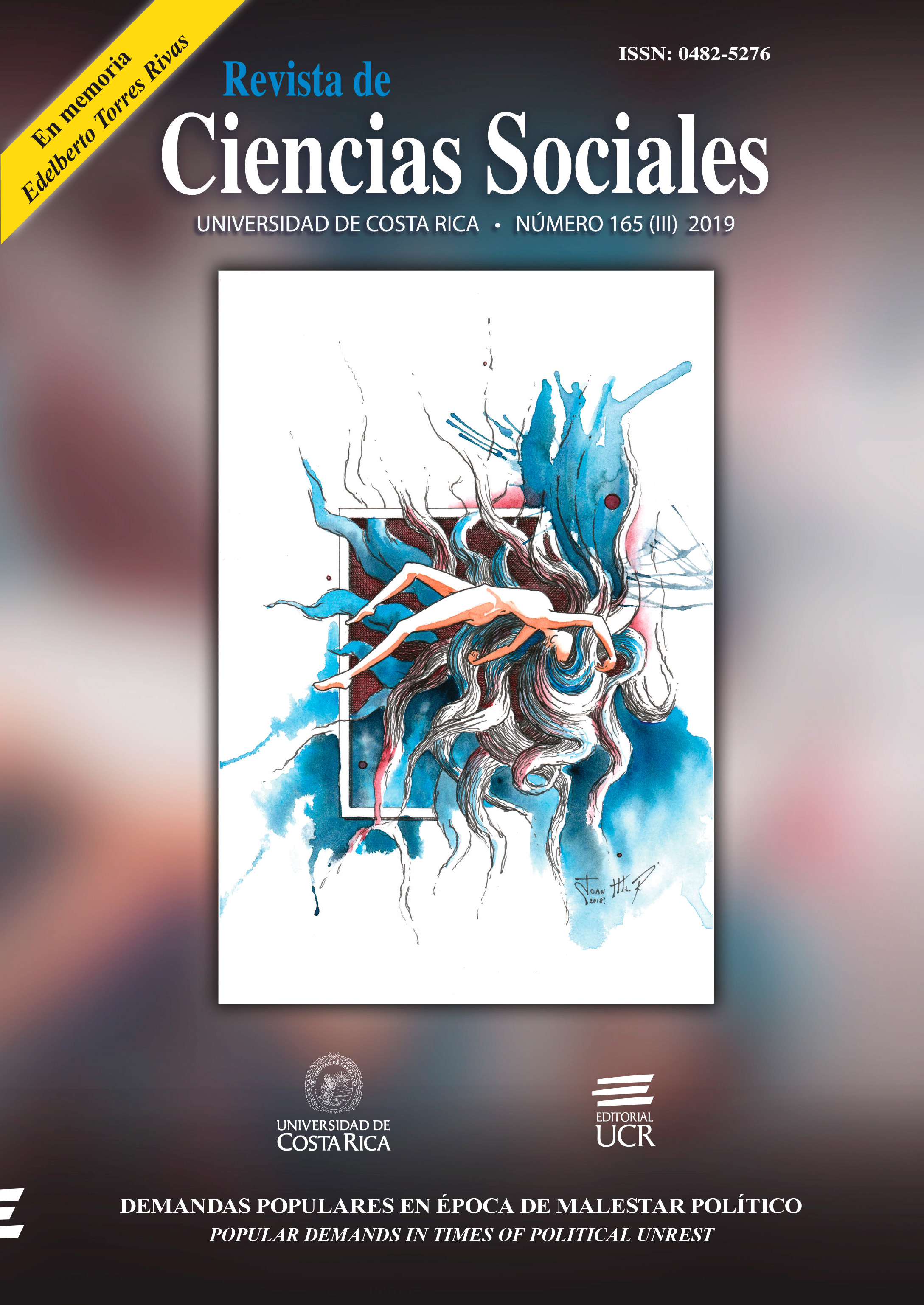Abstract
The aim of this article is to analize the link between gender relations and the labor market in Argentina. The so-called feminist economy has examined these dilemmas in depth; however, there are still few studies that focus on the impact of recent public policies on the Argentinian labor market, with a gender perspective. In this sense, the main objective is to characterize the labor insertion of women, based on the main economic indicators linked to salary, employment and labor informality, in the recent period. As for the methodology, we resort to the statistical analysis of the data available in the Permanent Household Survey (eph) and the Survey on the Use of Time published by the National Institute of Statistics and Censuses (indec). With the available databases, it was conducted an econometric exercise that crosses different socio-labor variables.


